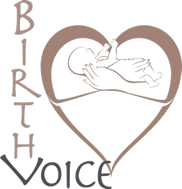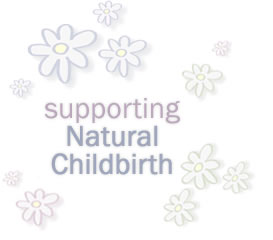


The Baby-Friendly Hospital Initiative (BFHI)
Baby-Friendly USA envisions
an American culture
that values the enduring benefits
of breastfeeding and human milk
for mothers, babies, and society
What is the Baby-Friendly Hospital Initiative and why do we need it?
More than one million infants worldwide die every year because they are not breastfed or are given other foods too early. Millions more live in poor health, contract preventable diseases, and battle malnutrition. Although the magnitude of this death and disease is far greater in the developing world, thousands of infants in the United States suffer the ill effects of an infant formula-feeding culture. A decreased risk of diarrhea, respiratory and ear infections, and allergic skin disorders are among the many benefits of breastfeeding to infants in the industrialized world.
In the United States, these benefits could translate into millions of dollars of savings to our health care system through decreased hospitalizations and pediatric clinic visits. For diarrhea alone, approximately 200,000 US children, most of whom are young infants, are hospitalized each year at a cost of more than half a billion dollars. Many of these cases of diarrhea could have been prevented with breastfeeding. In a study of the morbidity in an affluent US population, Dewey and colleagues found that the reduction in morbidity in breastfed babies was of sufficient magnitude to be of public significance. For example, the incidence of prolonged episodes of otitis media (ear infections) was 80% lower in breastfed as compared to non-breastfed infants. The cost savings to the health care system could be enormous if breastfeeding duration increased, given that ear infections alone cost billions of dollars a year.
It is a rare exception when a woman cannot breastfeed her baby for physical or medical reasons. Yet, a woman’s ability to feel self confident and secure with her decision to breastfeed is challenged by her family and friends, the media, and health care providers. Much has been done in the past few years to strengthen the sources of support for women to breastfeed. However, no comprehensive national program has existed that focused on the efforts of hospitals and birthing centers. Although the hospital is not and should not be the only place a mother receives support for breastfeeding, hospitals provide a unique and critical link between the breastfeeding support provided prior to and after delivery.
The Baby-Friendly Hospital Initiative (BFHI) is a global program sponsored by the World Health Organization (WHO) and the United Nations Children’s Fund (UNICEF) to encourage and recognize hospitals and birthing centers that offer an optimal level of care for lactation. The BFHI assists hospitals in giving breastfeeding mothers the information, confidence, and skills needed to successfully initiate and continue breastfeeding their babies and gives special recognition to hospitals that have done so.
BFHI Worldwide
In many other countries around the world, hospitals have already received Baby-Friendly Hospital designations from their national authority. More than 19,000 international maternity facilities have received the Baby-Friendly Award
BFHI IN THE U.S.
Baby-Friendly USA is the national authority for the BFHI in the United States.
In 1992, the Healthy Mothers, Healthy Babies Coalition received a grant from the US Department of Health and Human Services to convene an Expert Work Group to examine the criteria and assessment process of the global BFHI. Wellstart International, which is located in San Diego, California, developed the evaluation materials to support the assessment process. The U.S. Committee for UNICEF supported these efforts financially and with “in kind” services. In January of 1997, Healthy Children Project, Inc. accepted responsibility for the initiative and worked to form Baby-Friendly USA as the non-profit organization which now implements the Baby-Friendly Hospital Initiative in the United States
The Ten Steps To Successful Breastfeeding
The BFHI promotes, protects, and supports breastfeeding through The Ten Steps to Successful Breastfeeding for Hospitals, as outlined by UNICEF/WHO.